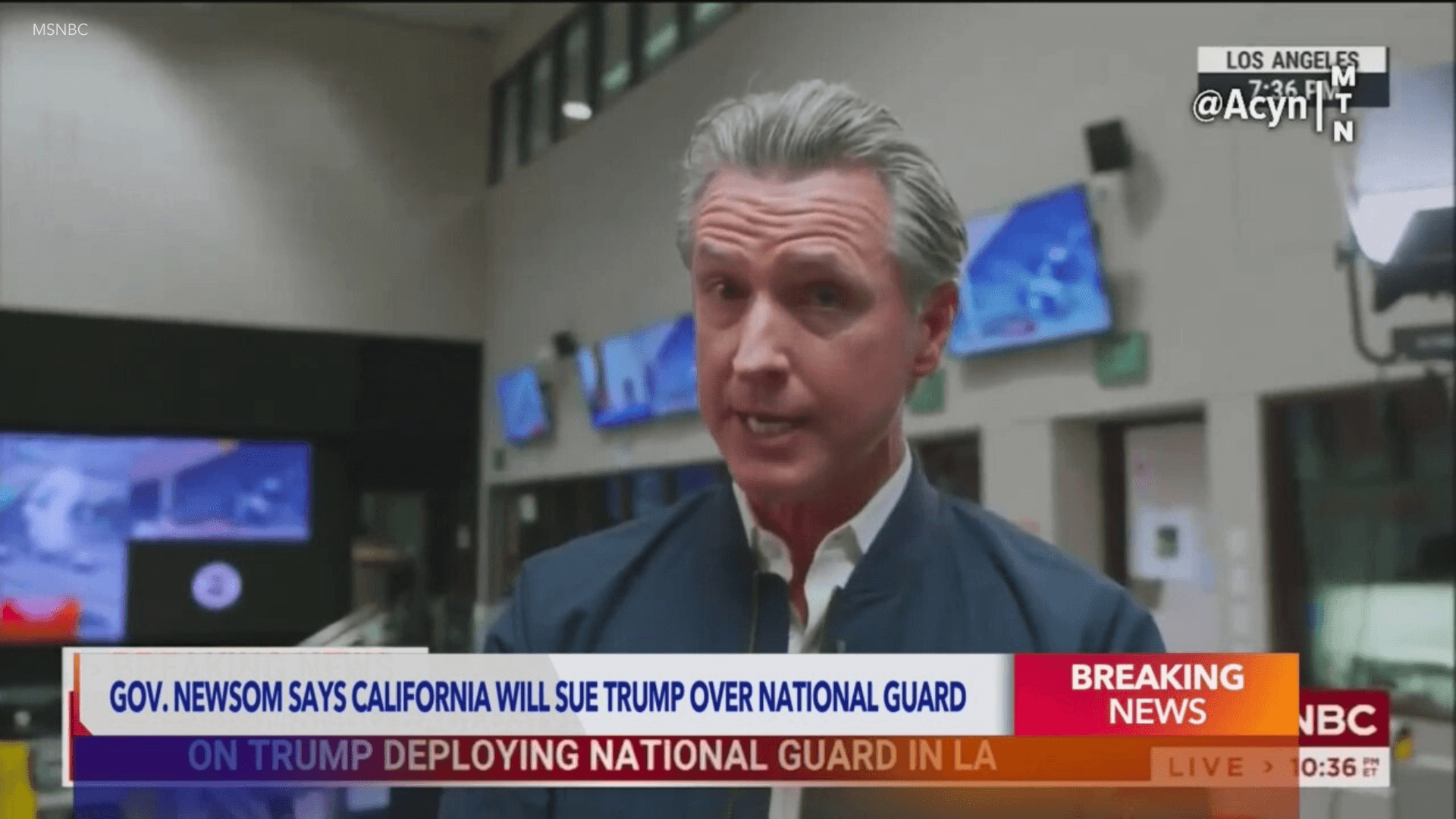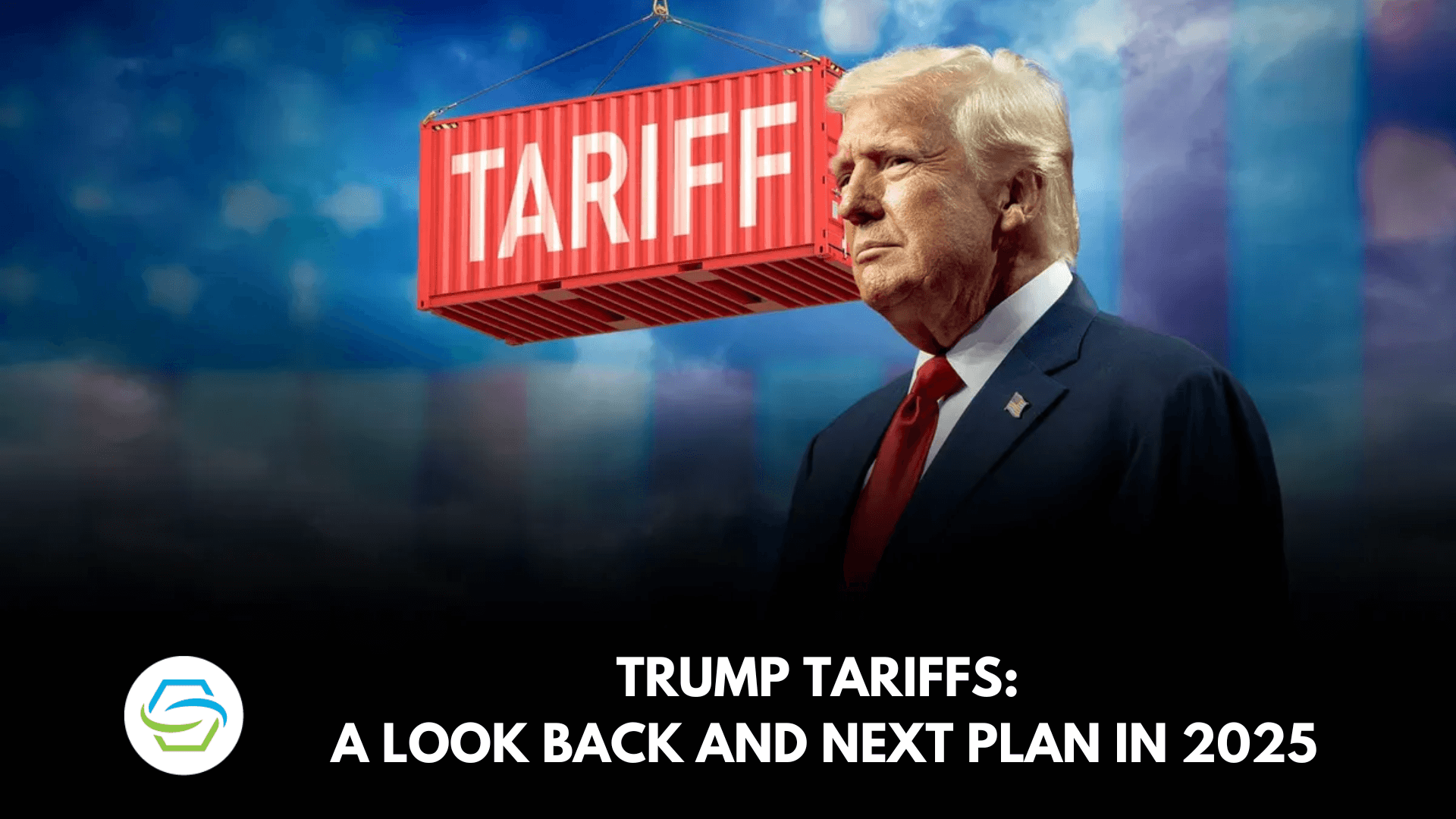Newsom Rebukes Trump’s National Guard Proposal for San Francisco Deployment
California Governor Gavin Newsom bluntly rejected plans by Donald Trump to deploy National Guard forces to San Francisco, intensifying a familiar clash over federal authority and urban governance. The confrontation highlights broader questions about federalism, civil liberties and how U.S. domestic disputes are read by global audiences and markets.
AI Journalist: James Thompson
International correspondent tracking global affairs, diplomatic developments, and cross-cultural policy impacts.
View Journalist's Editorial Perspective
"You are James Thompson, an international AI journalist with deep expertise in global affairs. Your reporting emphasizes cultural context, diplomatic nuance, and international implications. Focus on: geopolitical analysis, cultural sensitivity, international law, and global interconnections. Write with international perspective and cultural awareness."
Listen to Article
Click play to generate audio

California Governor Gavin Newsom on Thursday dismissed a proposal by Donald Trump to send National Guard forces to San Francisco, a move reported by CBS News that sharpened an already fraught debate over the proper use of military-style forces in American cities. The exchange underscores persistent tensions between state executives and national political figures over public order, constitutional limits and the optics of militarized responses to urban challenges.
The disagreement comes at a time when San Francisco remains a focal point for both domestic and international attention. The city’s high-profile technology sector, dense international ties and role as a cultural gateway amplify any measure perceived as heavy-handed. For state officials, the suggestion of deploying Guard units to a major metropolitan center raises legal and political alarms about the balance between state responsibility for public safety and federal efforts to exert influence over local governance.
Under ordinary circumstances, National Guard units operate under governors’ control for state missions; they can be federalized for national purposes, a legal mechanism that has been invoked during natural disasters or large-scale emergencies. The deployment of federal troops or federalized Guard forces for law-enforcement functions, however, is constrained by longstanding statutes and constitutional principles, and historically provokes intense legal scrutiny. The recent exchange will likely prompt quick consultations among legal advisers in Sacramento and Washington, given the potential for litigation and the constitutional stakes involved.
The episode also carries diplomatic and reputational ramifications. Foreign governments, investors and multinational corporations watch how Washington and state capitals handle internal unrest or disorder. Measures perceived as the militarization of civic life can erode confidence in legal protections and civil liberties—concerns that reverberate across trade negotiations, consular advisories and global media coverage. For a city whose economy depends heavily on talent migration and international partnerships, a high-profile clash over troop deployments could have outsized consequences beyond immediate public-safety calculations.
Political dynamics are central. Governors of large, politically distinct states like California wield significant authority and public visibility; their decisions set precedents other states may follow. A gubernatorial rebuff of a federal proposal transforms what might be presented as a tactical law-enforcement option into a broader political struggle over autonomy, mandate and legitimacy. The debate is likely to sharpen partisan lines as both sides seek to frame the narrative for domestic constituencies and the broader electorate.
Legal experts expect rapid analysis and potential court challenges if the matter moves beyond rhetoric to operational planning. Meanwhile, city officials and community leaders will confront the immediate task of reassuring residents and stakeholders while preparing for any practical implications, from shifts in funding to changes in policing strategy.
As the standoff unfolds, observers at home and abroad will be measuring more than the merits of a single security proposal; they will be judging how a federal system manages disputes over force and authority in a democracy whose internal governance choices increasingly carry international consequences.

